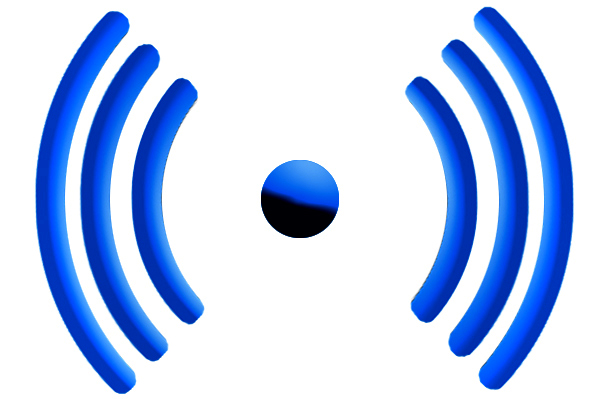Slow Wi-Fi on Campus Continues to Impact Student Productivity

Brian Foster says that as a student of graphic design, his work can be a long and tedious process often involving numerous drafts on a project. And lately, he’s lost major progress due to failures in the campus Wi-Fi connection.
“It’s frustrating because I feel like I can’t do anything about it,” said Foster, who doesn’t have good Wi-Fi at home so he relies on the campus internet to get his work done. However, connectivity issues have been impacting his work each week.
The Wi-Fi service should run smoothly on a college campus, he said. In the least, “it should never not work.”
Foster generally experiences his problems in the ATC building, but a variety of other Wi-Fi issues persist across campus. DVC student Nessa Erikson said the Wi-Fi in the cafeteria is “terrible”; she can connect to her laptop there, but the speed is too slow to get anything done. “Sometimes I have to reload a site multiple times before it works,” Erikson said.
On top of that, the cafeteria, often a connection deadzone for phones, makes it hard for her to send and receive messages with classmates and friends—a factor that’s caused Erikson and her friends to avoid the cafeteria altogether in favor of places where they can use their devices.
These are two of the stories reflecting ongoing problems that students and faculty have faced using DVC’s campus Wi-Fi. Satish Warrier, the Contra Costa Community College District’s director of information technology, acknowledged the school district’s IT department is “aware of the issues” and is actively working to address them.
During the Covid-19 pandemic, for example, 4CD added more wireless access points (WAP) on campus to increase device capacity. And in the past few months, Warrier said the school has “spent considerable amounts of time fine tuning the WAPs” in order to avoid signal overlap, resulting in a faster and more stable connection.
Some students, like Ethan Long, say they’ve found a fix to their Wi-Fi issues by using their phone’s personal hotspot as a more reliable alternative.
“I would much rather just use my data for a hotspot than waste time seeing if campus Wi-Fi will work for me,” Long said.
But while that may seem like a quick fix for individuals, Warrier warned that using a personal hotspot worsens the Wi-Fi for others around you, because “your device is competing for the same set of frequency that the college WAPs use.”
Warrier recommended that any students or staff facing Wi-Fi difficulties should report them through the school’s online form, and provide a detailed account of the problem they’re experiencing, which the IT department will aim to resolve.
He said the WAPs will continue to be monitored and fine-tuned over summer break, potentially creating an easier and less disruptive internet experience on campus.
Until the connection improves, Foster said, “I could see myself doing my important design work somewhere else.”





































































Anonymous Student • Sep 26, 2023 at 11:42 am
Wi-Fi doesn’t work for me in SC building